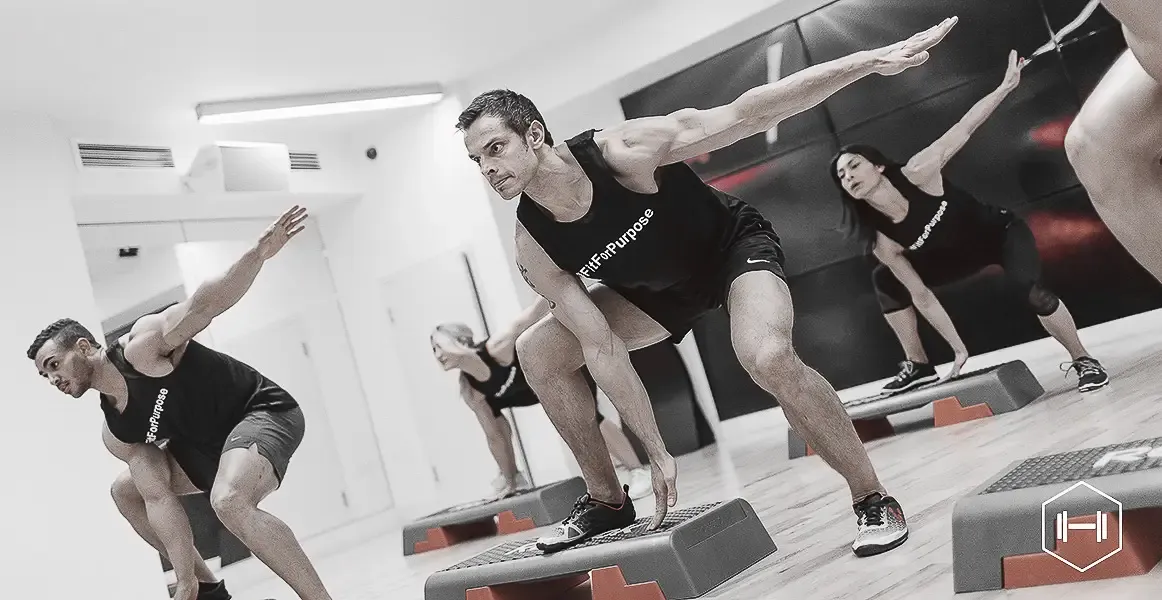Within the fitness industry, there are many people that could be described as leaders. These leaders may be industry giants who are leading the way in the promotion of our industry and the pioneering of new concepts. Leaders may also have what may be considered more everyday roles as there is the need for strong leadership within a fitness organisation so that it runs effectively and meets the company goals and objectives. Whatever kind of leader you want to be, there are some common traits that are vital to ensure that you are effective in your role.
There are many people out there who would consider themselves a leader … but in many cases, they are managers who organise a process of work. The key aspect of being classed as a leader by others is that you can inspire and lead a group of people. This is not always an easy thing to do. As members of your group will all have different motivating factors and drives in life, a leader needs to be able to communicate on many levels, and this in turn is built on an ability to understand people.
In most cases, a leader has a vision. This should be related back to the organisation’s mission statement, and they use it to drive the organisation forward. This vision is what they are trying to get people within their organisation to sign up to, to believe in and to strive to achieve. Research has shown that high-performing organisations tend to have a common goal that everyone in the organisation is striving to achieve.
Some of the key skills that have been identified as being important factors in the success of a leader include:
- Being a high-level communicator who is able to put across the views and objectives of the organisation
- Being an inspiration to all stakeholders, both inside and outside the organisation
- The ability to build and drive teams of people working towards a common goal, through a deep understanding of motivation
- Being organised and prepared, normally using a systemised approach to the steps that need to be taken to achieve a particular goal
- The ability to take a bird’s-eye view of a problem or issue, and then break it down into smaller chunks that are easier to deal with
- The ability to be strategic in their methods and understand the environment they operate in
For many personal trainers, it is a natural progression to move into the management of organisations. This involves for many the development of some new key skills and knowledge. One of the ways that this may be achieved is by gaining a base qualification such as the Level 3 in Leisure Management. Using this foundation of knowledge, a layer of experience can be added on top, helping the transition into management roles.

